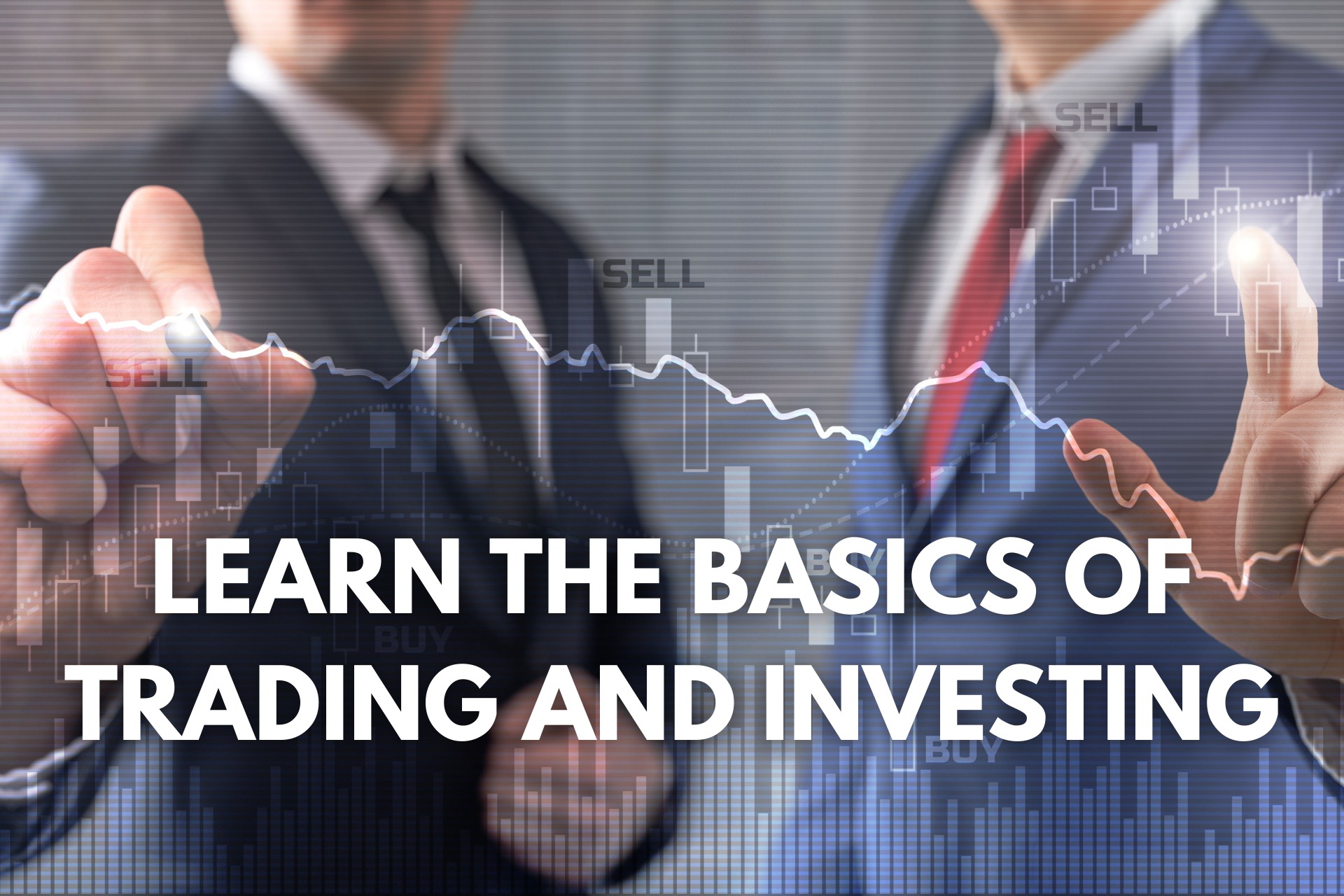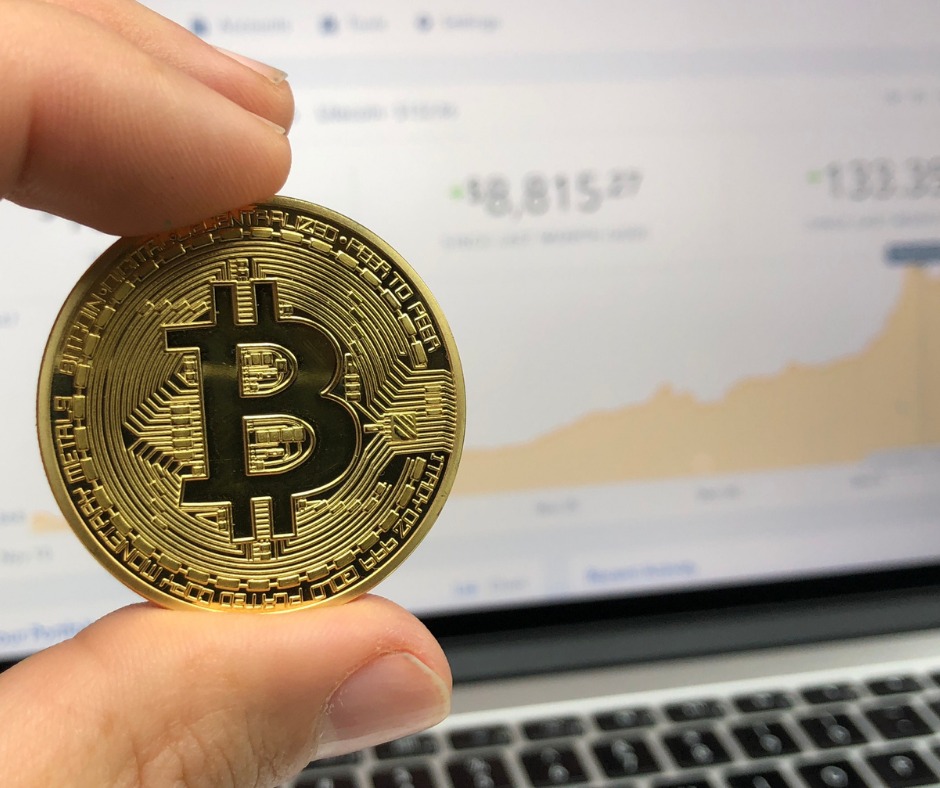Become familiar with the basics of futures contracts and the reasons why you would wish to include them into your trading strategy.
A futures contract is an agreement to acquire or sell an asset or security at a certain price in the future. To trade futures contracts, you must have a brokerage account that is allowed to trade futures on futures exchanges like the CME Group.
A futures contract is similar to an options contract in that it has both a buyer and a seller. When a futures contract expires, the buyer is required to acquire the underlying asset and the seller is committed to provide and deliver the underlying asset.
Having a fundamental understanding of futures contracts is essential to a thorough understanding of the underlying assets traded in futures markets.
Market volatility may be mitigated by the use of futures contracts. An investor agrees to take on both the risk and reward of a volatile market by these manufacturers and suppliers in the form of a contractual agreement.
Futures markets and exchanges, where financial instruments are exchanged for future delivery, have a predetermined price at the time of the transaction. Expanding the scope of futures markets beyond agricultural contracts, futures markets now comprise a wide range of financial products and future interest rate values.
Futures contracts may be “created” if open interest grows, unlike other newly issued securities. Market capitalisation in futures markets dwarfs commodity markets, making them a vital component of financial stability. It’s particularly true when the stock market’s outlook is ambiguous.
If you want to purchase or sell a futures contract, you do so at the current market value. The futures price is the price that will appear on the contract. You’re in a long position if you plan to purchase anything in the future. Sellers have a negative balance. In order to meet the terms of the contract, you must either sell or acquire the products within the set deadline. It is possible to close out the contract by adopting an opposing position – either buying or selling – prior to or even on the contract’s end date. In the event that you fail or neglect to take the necessary action before or on the expiry date, then you must be prepared to accept or deliver the products on that day. When it comes to the futures market, most investors don’t wait until the contract expires before selling their positions.
The method of mark-to-market is a key component of the futures market (or daily settlement). All futures transactions in the futures market must be settled on a daily basis. To calculate daily settlement, the difference between settlement and futures prices must be taken into account. The price at which the market is cleared is determined by a clearing house, as previously mentioned. Futures prices are compared to the settlement price at the conclusion of the trading day for long positions in the market. Assuming that the settlement price is greater than the futures price paid, you will profit: (settlement price – futures price) (times) total quantity of the transaction.
By the conclusion of the trading day, your account will have been credited with the additional value of the trade. Because they’ve lost out on selling this futures contract, they’re debited the equivalent amount of money from their own account.
As a result of the daily settlement process (starting a new price each day), investors may modify their investment strategy at any moment. Is there any other way a futures contract is more flexible than a forward contract that you can think of? Comments are open for you and your fellow students.




